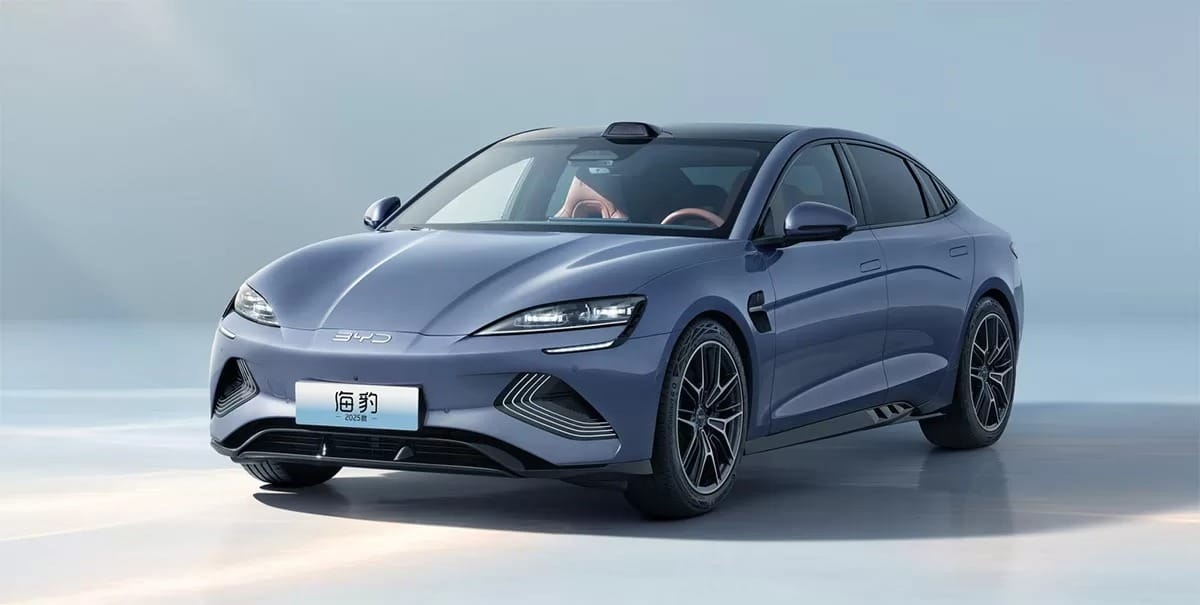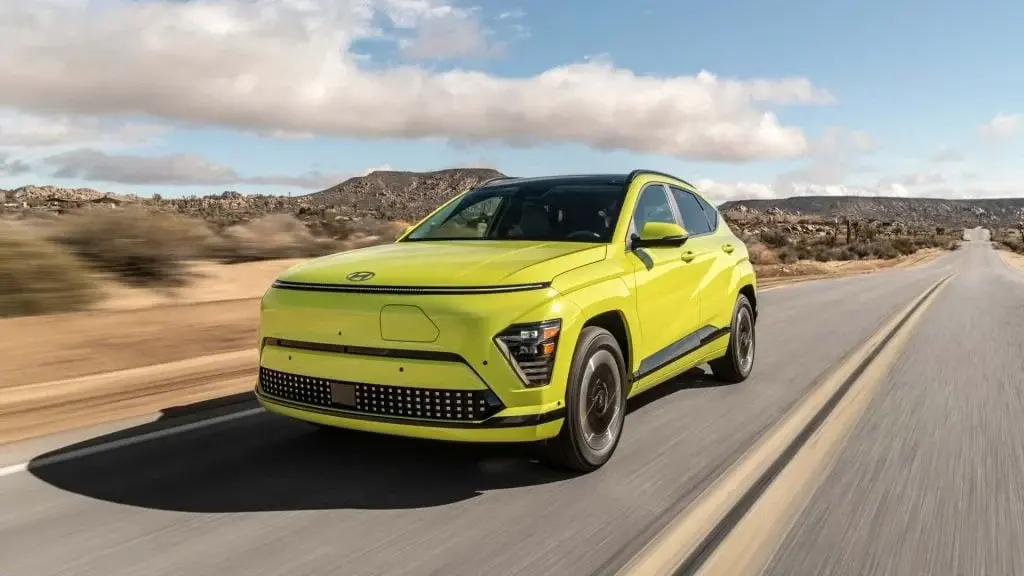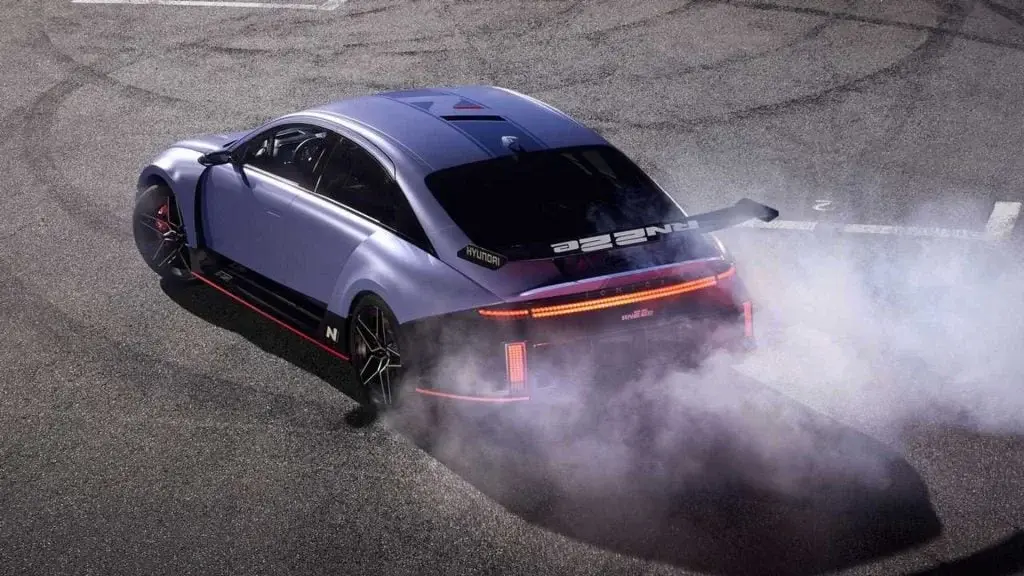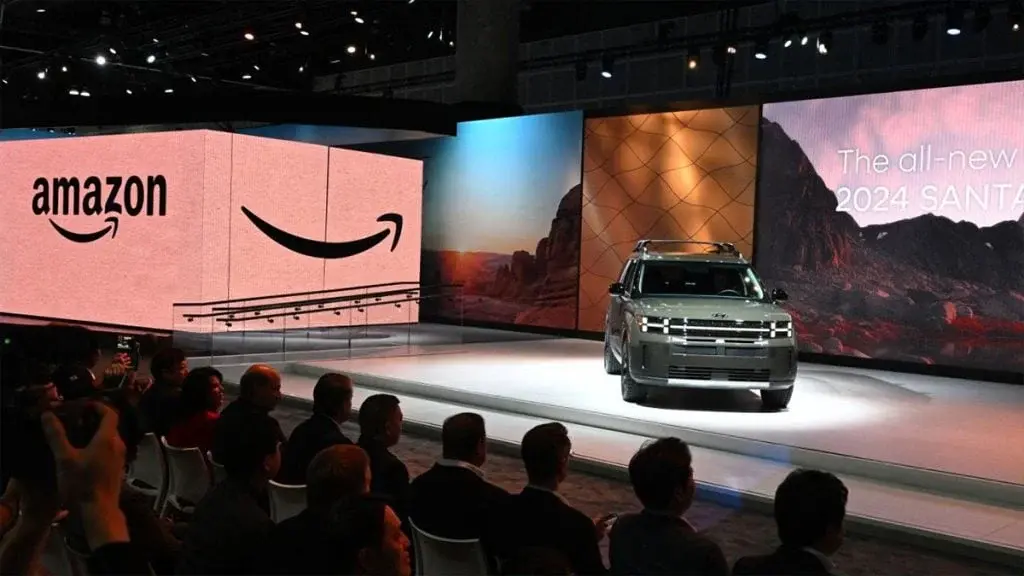Hyundai is set to release its latest electric car, the 2024 Kona Electric, in the United States later this year. This new model builds upon the success of its predecessor, the 2023 Kona Electric, with a range of enhancements and improvements.
Enhanced Battery Capacity
One of the key upgrades in the 2024 Kona Electric is its battery capacity. The new model features a slightly larger 64.8-kilowatt-hour battery, compared to the previous 64 kWh capacity. While this increase may seem small, it results in a modest boost in range. According to EPA estimates, the 2024 Kona Electric can travel up to 261 miles on a single charge.
Improved Efficiency
In addition to the increased range, the 2024 Kona Electric also introduces improvements in efficiency. However, it is marginally less energy-efficient than its predecessor. With an energy consumption rate of 116 MPGe, or about 291 watt-hours per mile, there is a slight uptick in energy use. This could be attributed to the vehicle's larger dimensions, including a longer wheelbase and increased width, which may affect aerodynamics.
Faster Charging
Charging time has seen a substantial improvement in the 2024 model. Thanks to a more powerful 10.8-kW on-board charger, the full charging time has been reduced by about three hours. Additionally, DC fast charging is faster, taking only 43 minutes to reach 80% charge.
Innovative Features
The 2024 Kona Electric introduces several new features aimed at enhancing the driver experience in electric mobility. One notable innovation is the i-Pedal mode, which enables one-pedal driving. This means that drivers can accelerate and decelerate using only the accelerator pedal, making driving more intuitive and engaging. The Smart Regenerative System is another new feature that adapts to traffic conditions, optimizing energy regeneration. Additionally, the Kona Electric offers Vehicle-to-Load (V2L) capability, allowing owners to use the car's battery to power external devices or even charge other electric vehicles.
Competitive Pricing
While pricing details have not been announced yet, it is expected that the 2024 Kona Electric will be priced similarly to its predecessor. This makes it a competitive option in the electric vehicle market. However, it is worth noting that the Kona Electric is not eligible for the $7,500 federal tax credit for imported EVs. Despite this drawback, the discontinuation of the Chevrolet Bolt EV presents an opportunity for the Kona Electric to capture a significant portion of the entry-level EV segment.
In conclusion, the 2024 Hyundai Kona Electric offers a range of enhanced features and practical improvements compared to its predecessor. With a larger battery capacity, improved efficiency, faster charging, and innovative features, this new model exemplifies Hyundai's commitment to advancing electric vehicle technology. While pricing details and the lack of federal tax credits for imported EVs are important considerations, the Kona Electric remains a compelling choice in the EV market, particularly in the entry-level segment.





